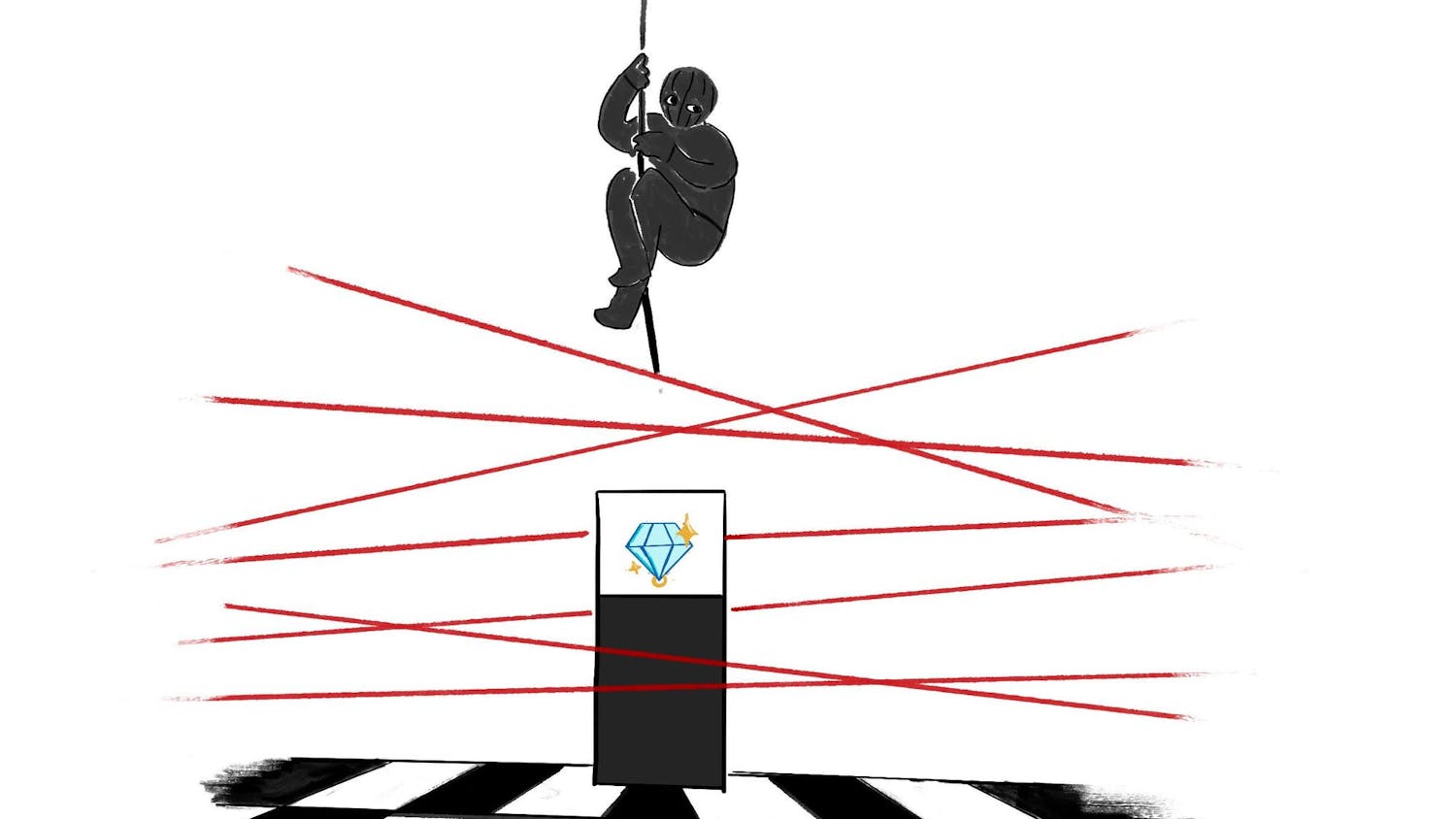Mike Daisey told the world he went to China, and I believe him. He told the world he stood at the gates of Foxconn, the factory where Apple products are made, and I believe him.
Everything else that happened is what I have a hard time believing.
Daisey was recently recorded performing his one-man show, "The Ecstasy and the Agony of Steve Jobs," by Ira Glass of the famous Public Radio International show "This American Life," which airs on most NPR stations.
Daisey tells of his trip to rural China to meet and greet those who make the Apple toys he so much adores. He claimed to have interviewed a myriad of people who were ready to talk about the working conditions, which were terrible at best. He talked about being so close to the place where our technology is pumped out, but the ones making it are flinging themselves off the roofs of the factory.
The episode was the most downloaded podcast of "This American Life." Ironically, I still have it on my iPod.
Glass, who has won gobs of awards for his journalism, was made to look a fool when another NPR reporter began to unravel Daisey's story.
And Daisey didn't deny it. He freely admits there are things he dramatized in the monologue. He admits he is in the habit of never taking notes or recording.
It isn't the practice of his job as a monologist to do so, Daisey said.
But in this case it certainly would have helped.
Daisey said he's sorry for fabricated elements of his story, but not sorry the show reached the size of audience it did on NPR. The point of the story is to create an emotional tie to the people who are suffering while they make technology we take for granted, and I agree with that sentiment. We should care, but I don't agree on building that emotional connection on a faulty or sensationalized foundation.
A rookie mistake is what Daisey called it. He said he couldn't bring himself to tell them to stop telling his story, because he thought the overall theme was too important to drop.
The problem with this line of thinking is a misunderstanding of how the world works for journalists. Everything has to be correct, double-checked and copy edited. Daisey should have listened to his misgivings about not having all his facts straight, because if it goes to print, if it goes on air, then not only does Daisey look bad, but respected people like Ira Glass are put to shame. We all know when a journalist messes up it can be the end of a career.
The spirit of journalism is what drove him to go to China, Daisey said, not the intention to be a journalist. If he just wanted to make something up, he would not have gone, and I believe him. It just stands to reason if someone was going to be telling a story with implications that could affect the lives of other people, they would think to either make records or call it by another name than nonfiction.
I don't want to come across as the "pics or it didn't happen" type of person, because Daisey said he didn't want the controversy to take away from the plight of workers in China. I agree, but I also believe the undeniable truth shocks people as much as composite truths.
Do you like this story? The Plainsman doesn't accept money from tuition or student fees, and we don't charge a subscription fee. But you can donate to support The Plainsman.




